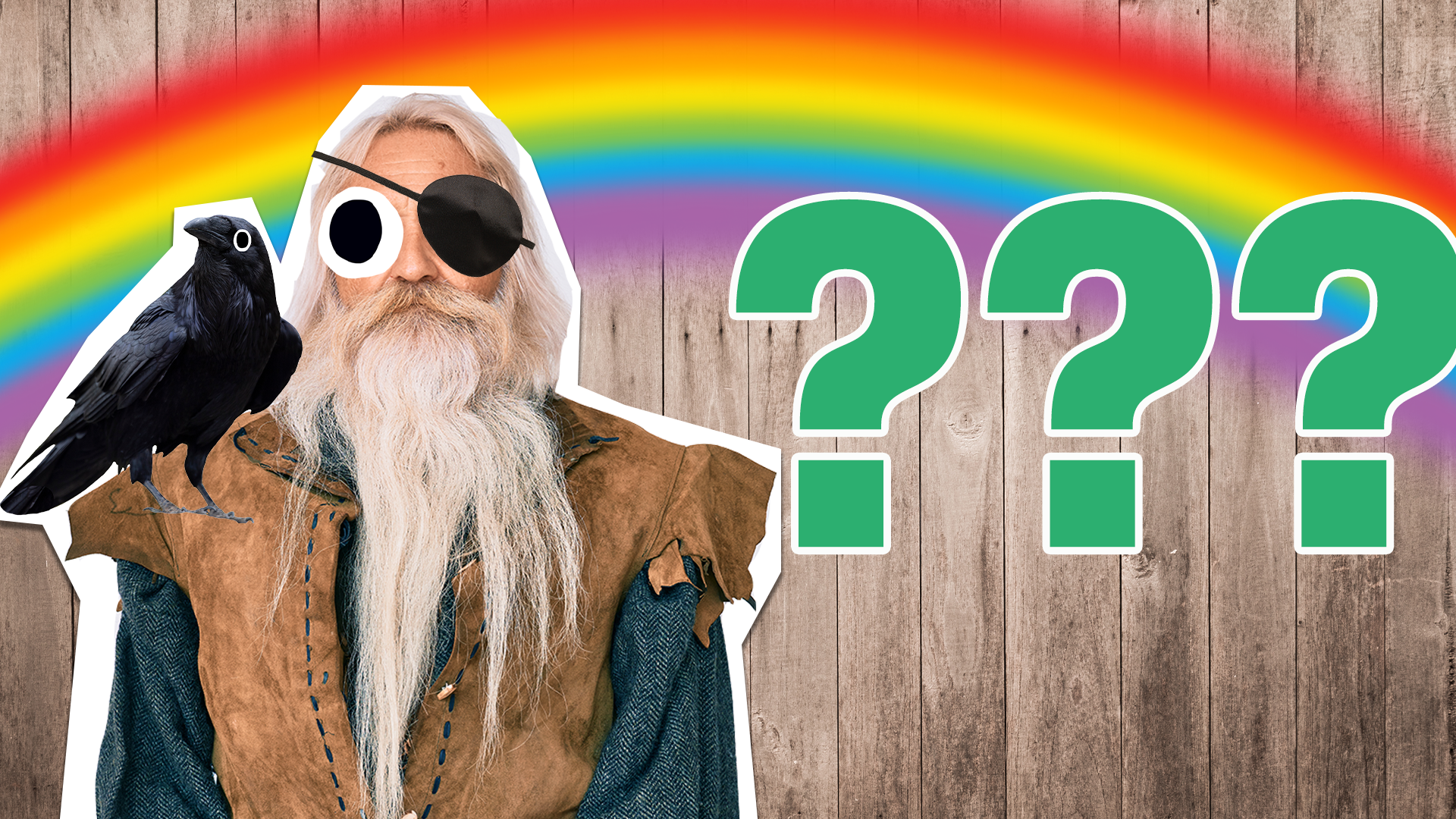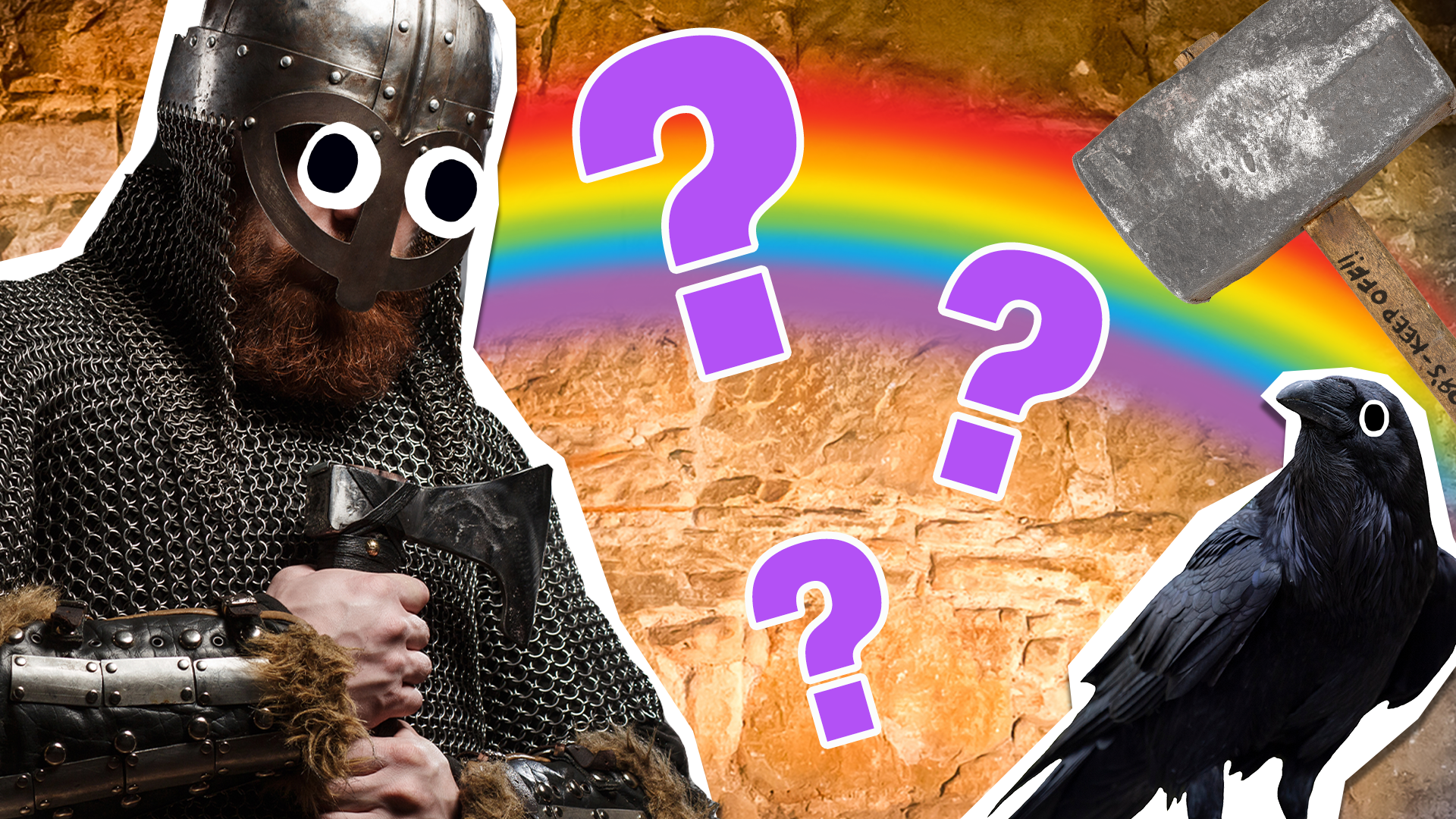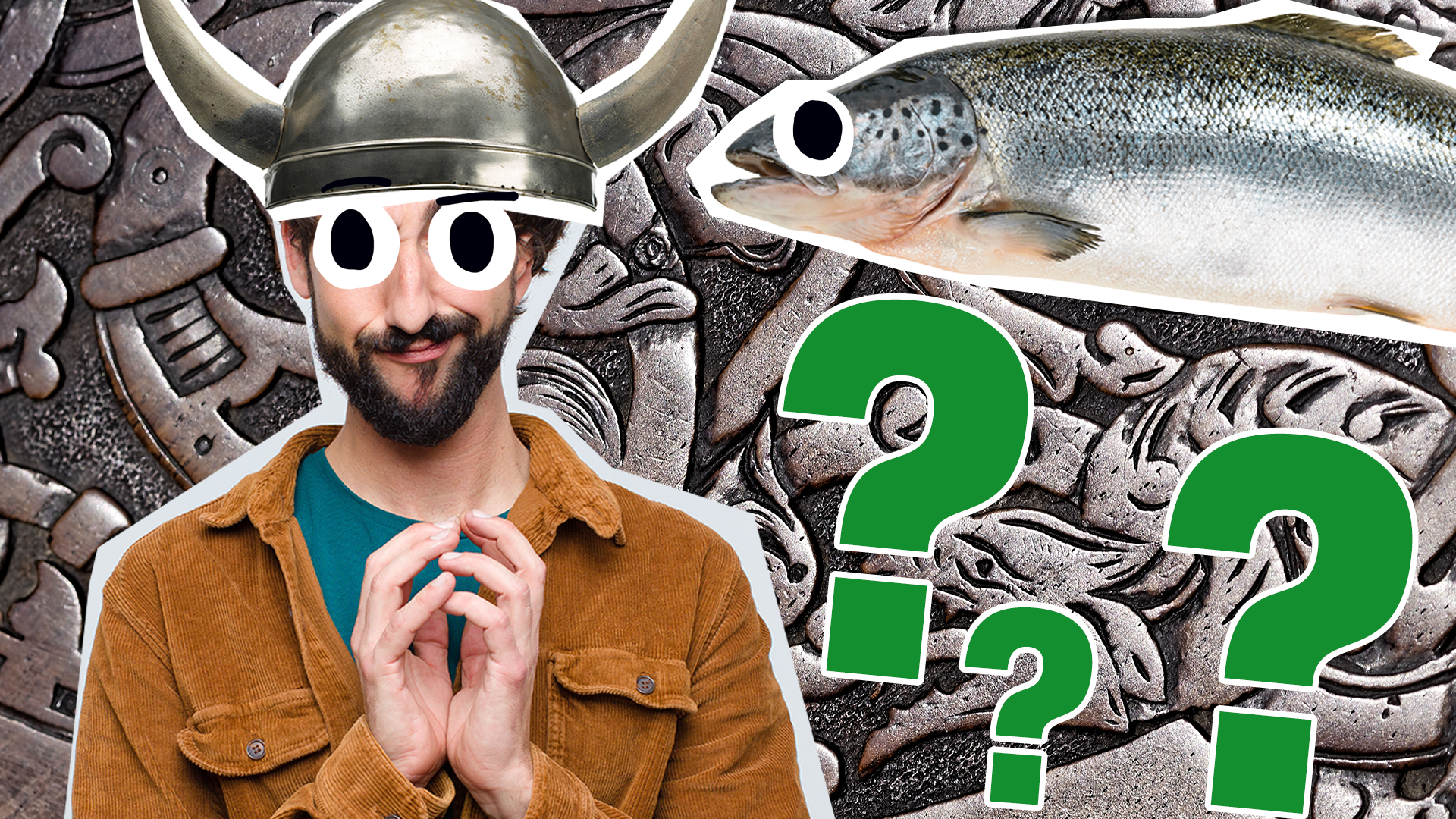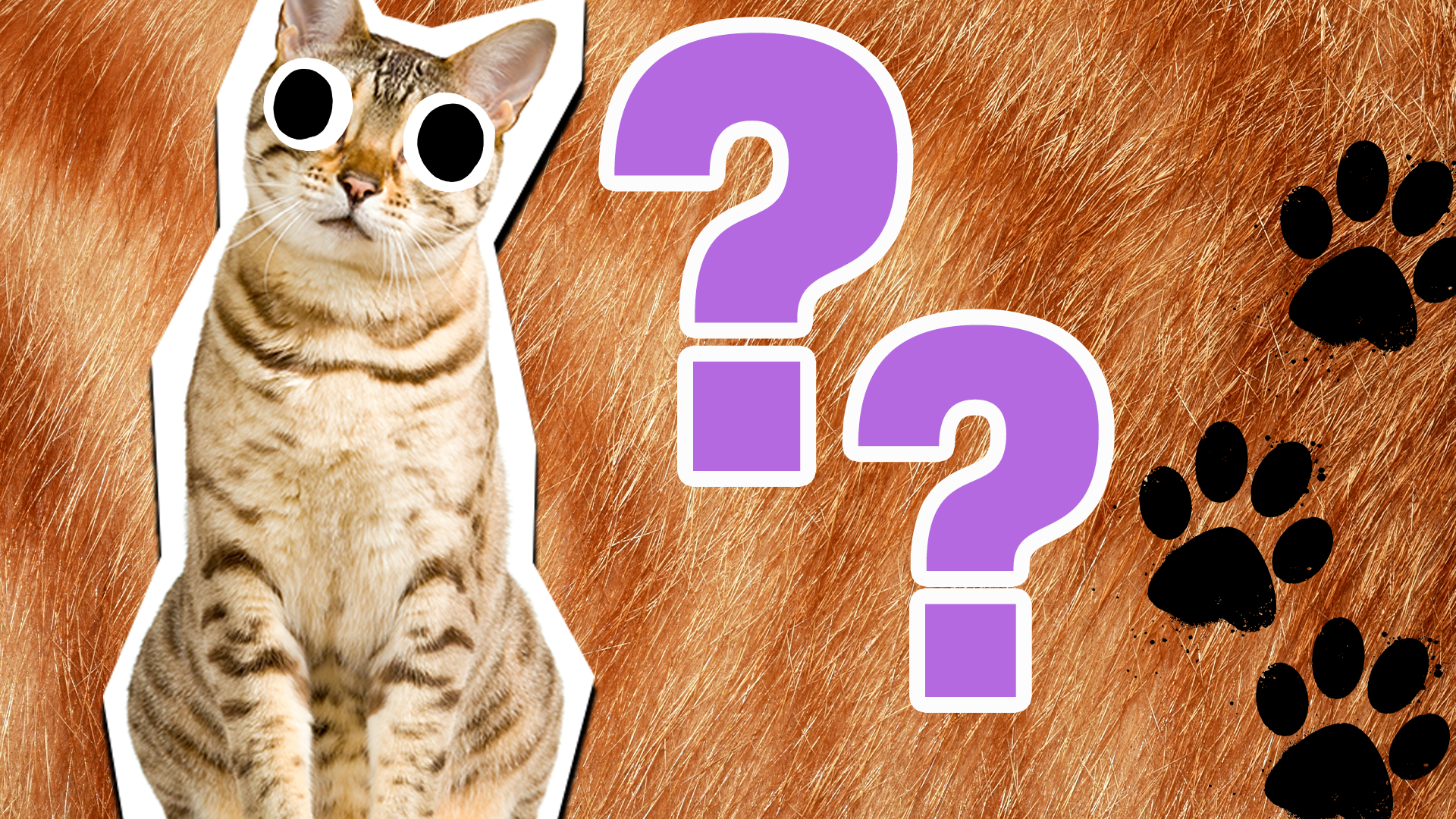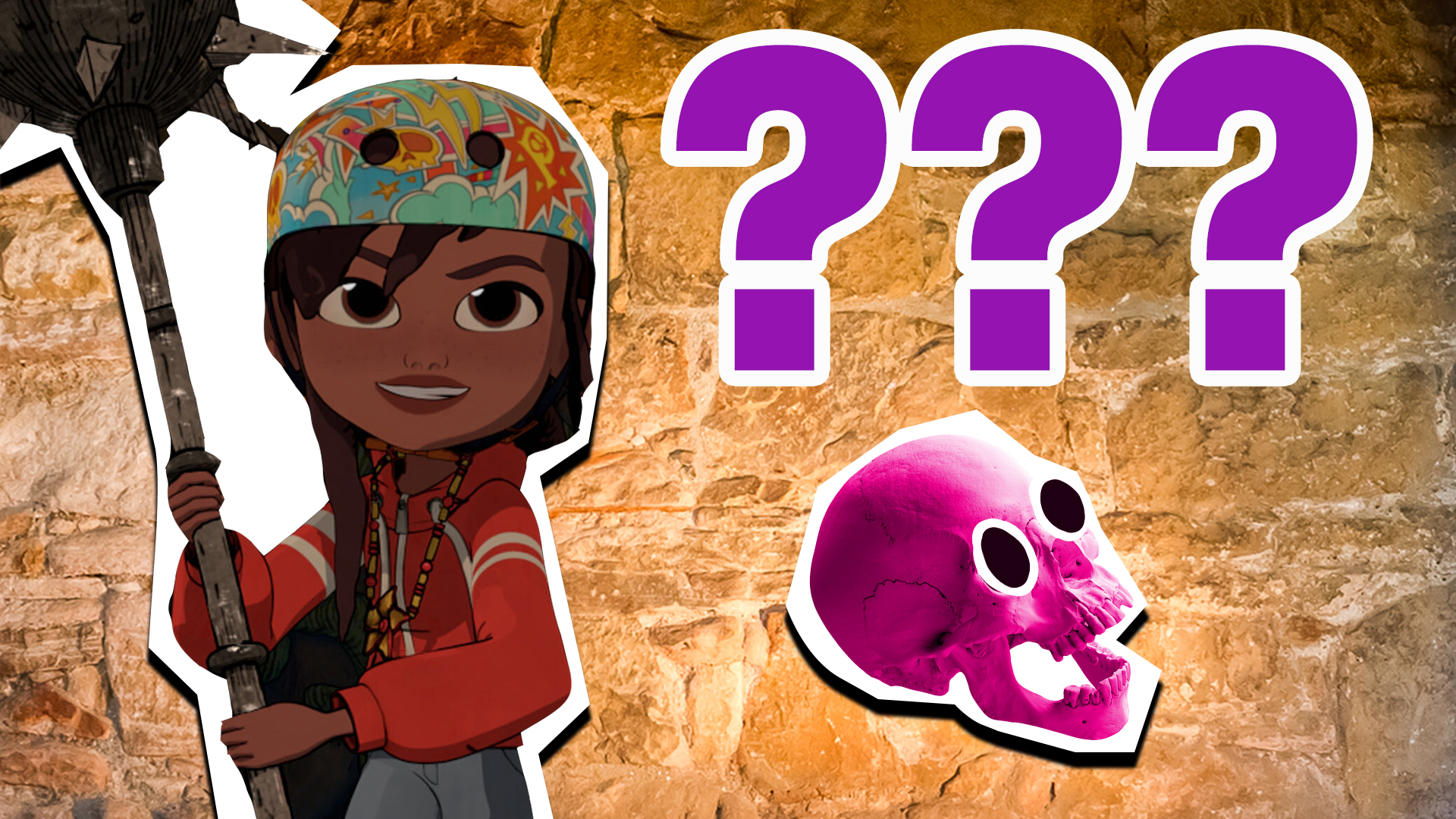The 14 Freya Viking God Facts You Never Knew
Let's see what you know about Norse goddess, Freya! We've put together a bunch of fun facts all about Freya, now its your turn to see how many of them you already knew!
Freya is famous for being one of the most beautiful goddesses in Norse mythology - but how much do you really know about her? We've put together this mystical 14 fact page all about Freya and the stories around her! Find out what her name means, what she is the goddesses of, her special powers and her what her unusual pets are! And if you liked this, check out more Norse mythology here! What about these mighty facts about thunder god Thor? Or perhaps you're more interested in everyone's favourite trickster god, Loki? You might be on the look out for more facts on the father of the gods, Odin! And for more fun trivia, check out our main facts page here!
1. She is From Norse Mythology
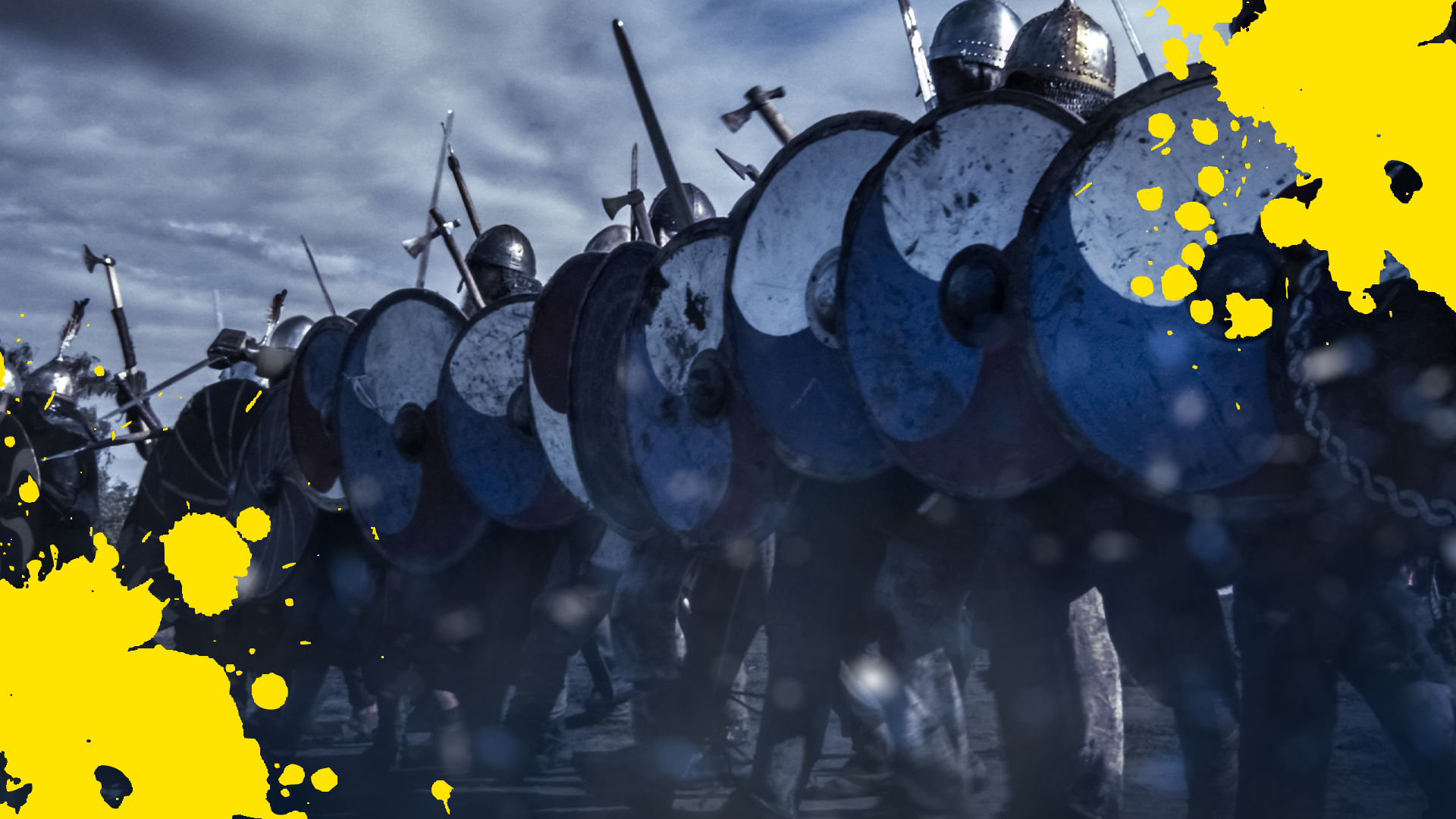
Freya is one of the main gods in Norse mythology, and the religion and culture of the people we know today as the Vikings. She is one of the 'Vanir', a group of gods who are mainly associated with wisdom and fortune telling. According to the legends, her mother is unknown, whilst her father is the Norse god of the sea, Njord.
2. Her Name Changes
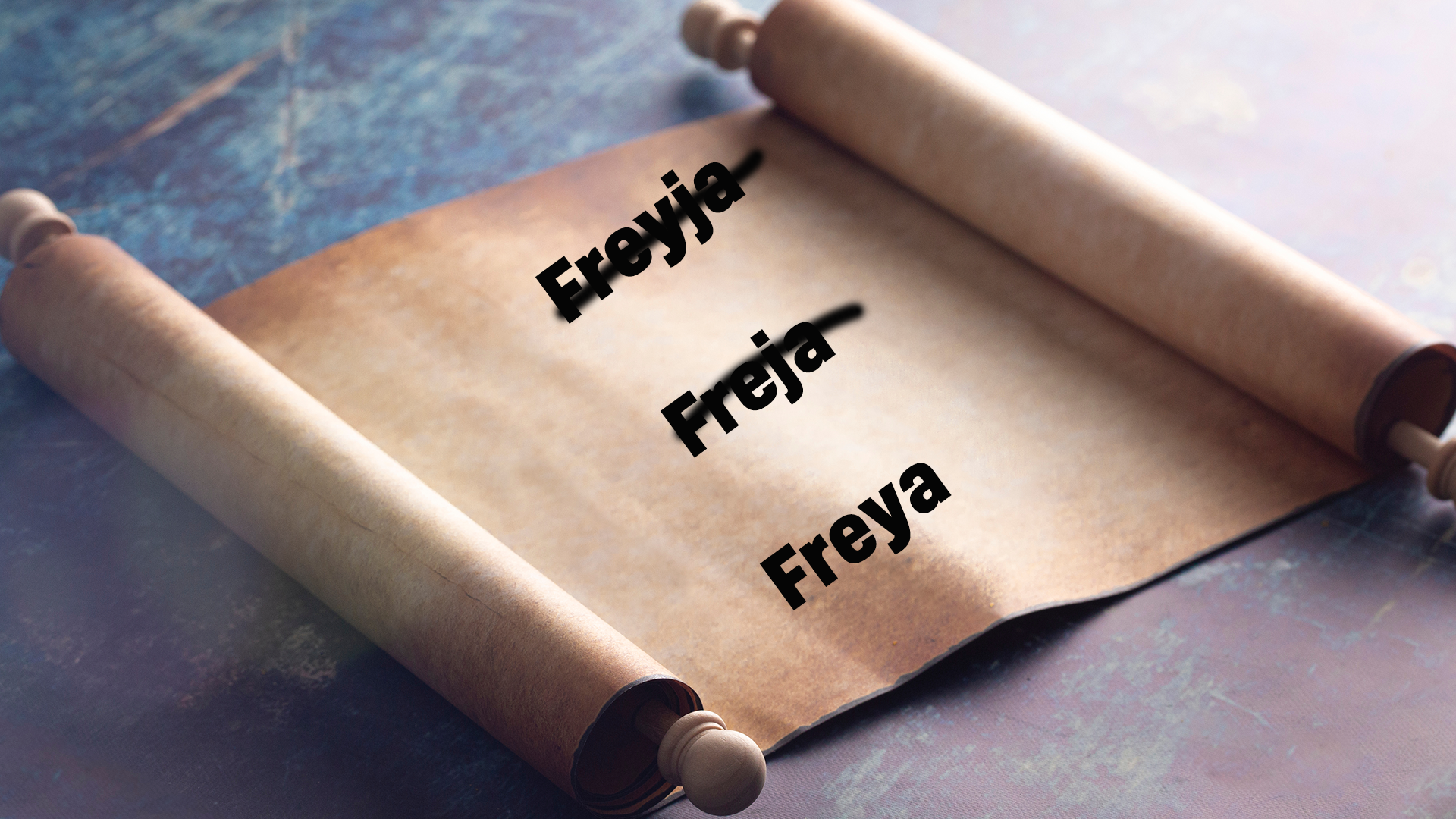
Freya is most famously known by that name, but you can also find her referred to under others, including Vanadis, Gefn, Hörn, Freyja, Freja and Freyia! Some of the those names are sometimes used for Freya, sometimes for her handmaidens. Her name means 'lady' and is the root of the German word 'frau' which means woman!
3. She Rules Over Fólkvangr
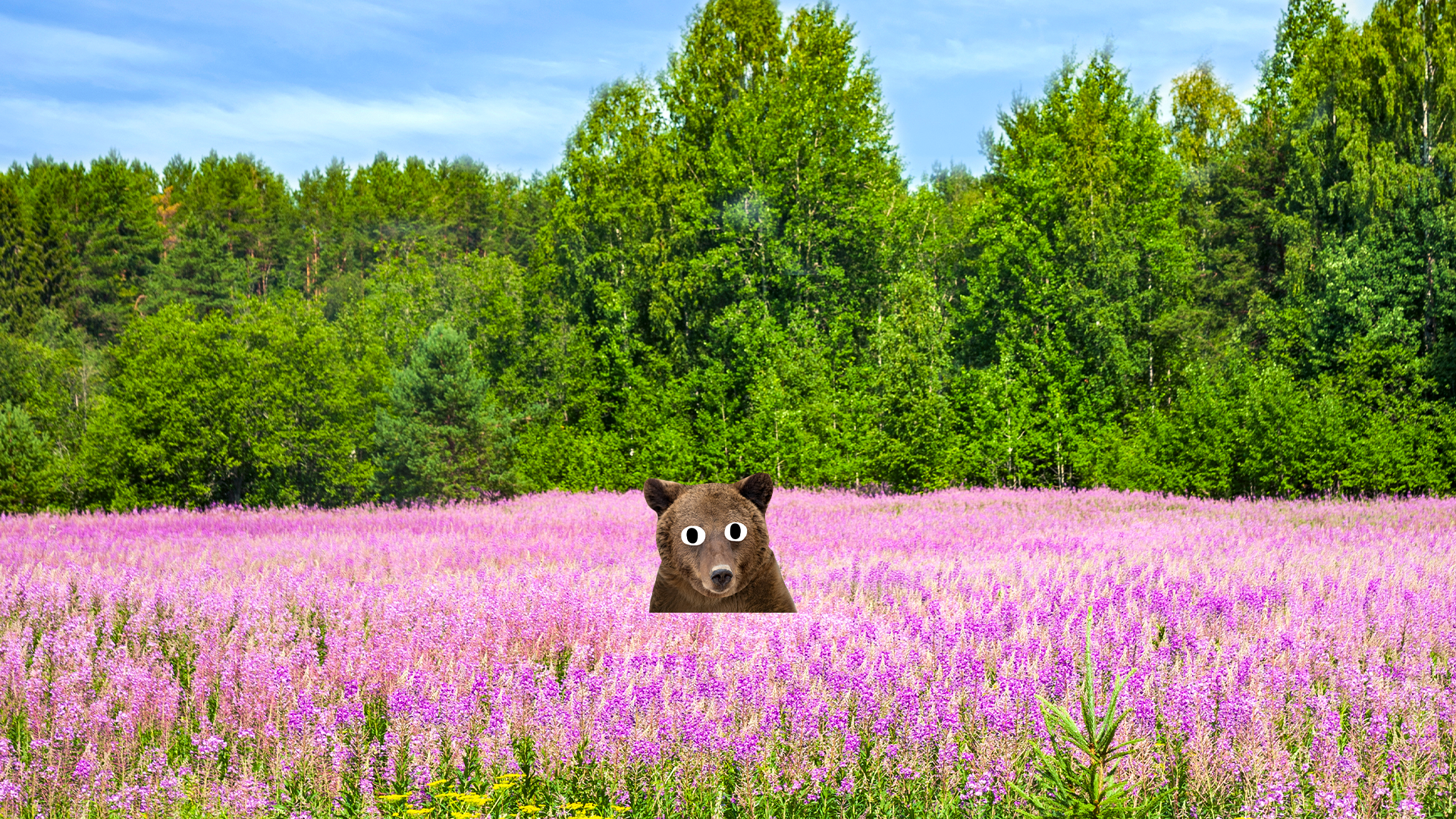
Freya's realm is Folkvangr. It's described as a lovely meadow, and when warriors die, half of them go to Freya in Folkvangr (the other half go to Odin in Valhalla). In Folkvangr lies Freya's hall, Sessrumnir, where Viking warriors sit with Freya.
4. She is the Goddess of Several Things
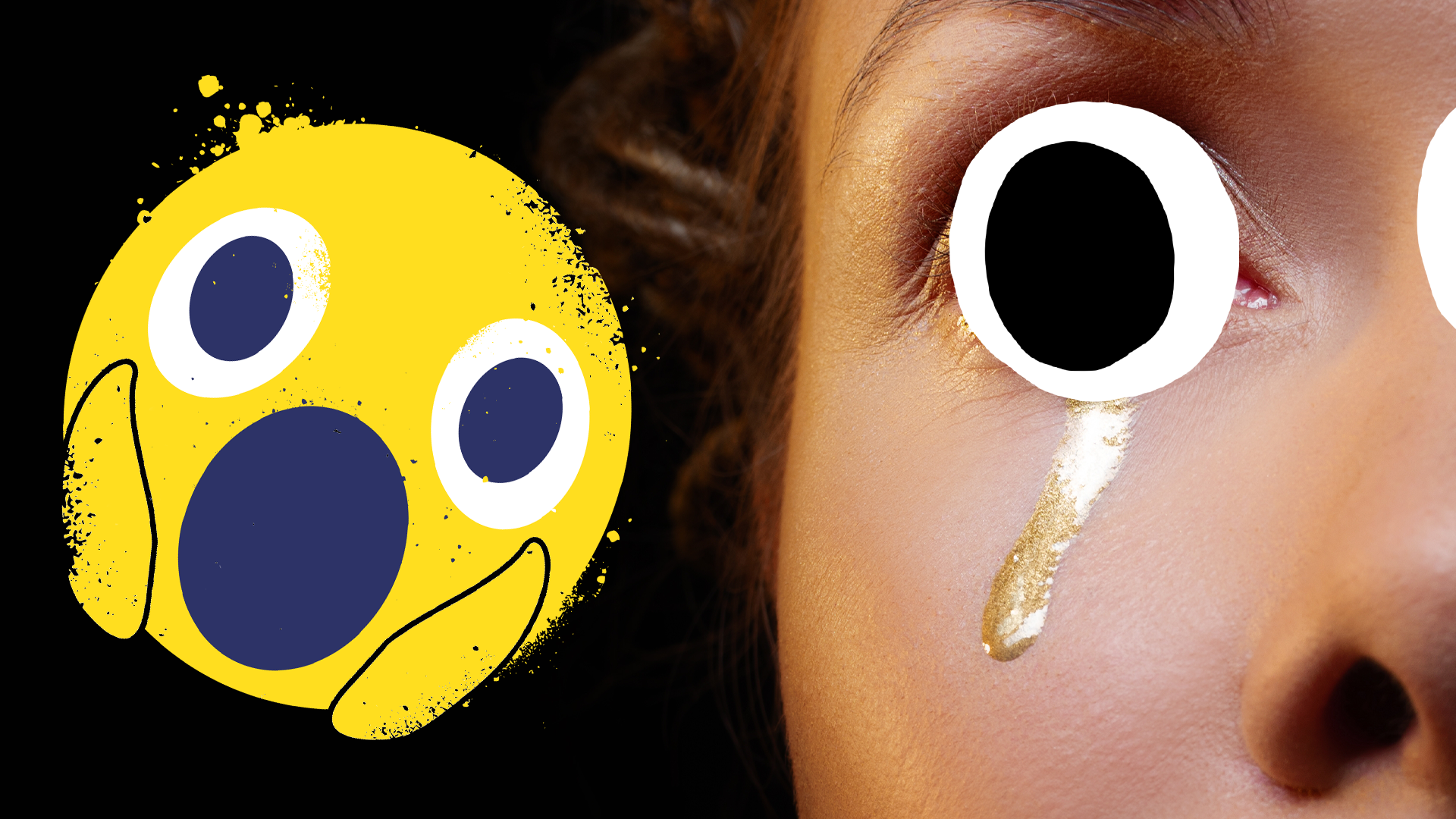
Freya is associated with several different things as a goddess. She is most famous for her association with love, gold (she even cries cold tears!) fertility and childbirth. She looks after crops and rides out into battle to collect fallen warriors. Vikings would pray to Freya in the hope of a good harvest and if they were looking for love.
5. She Has a Special Necklace
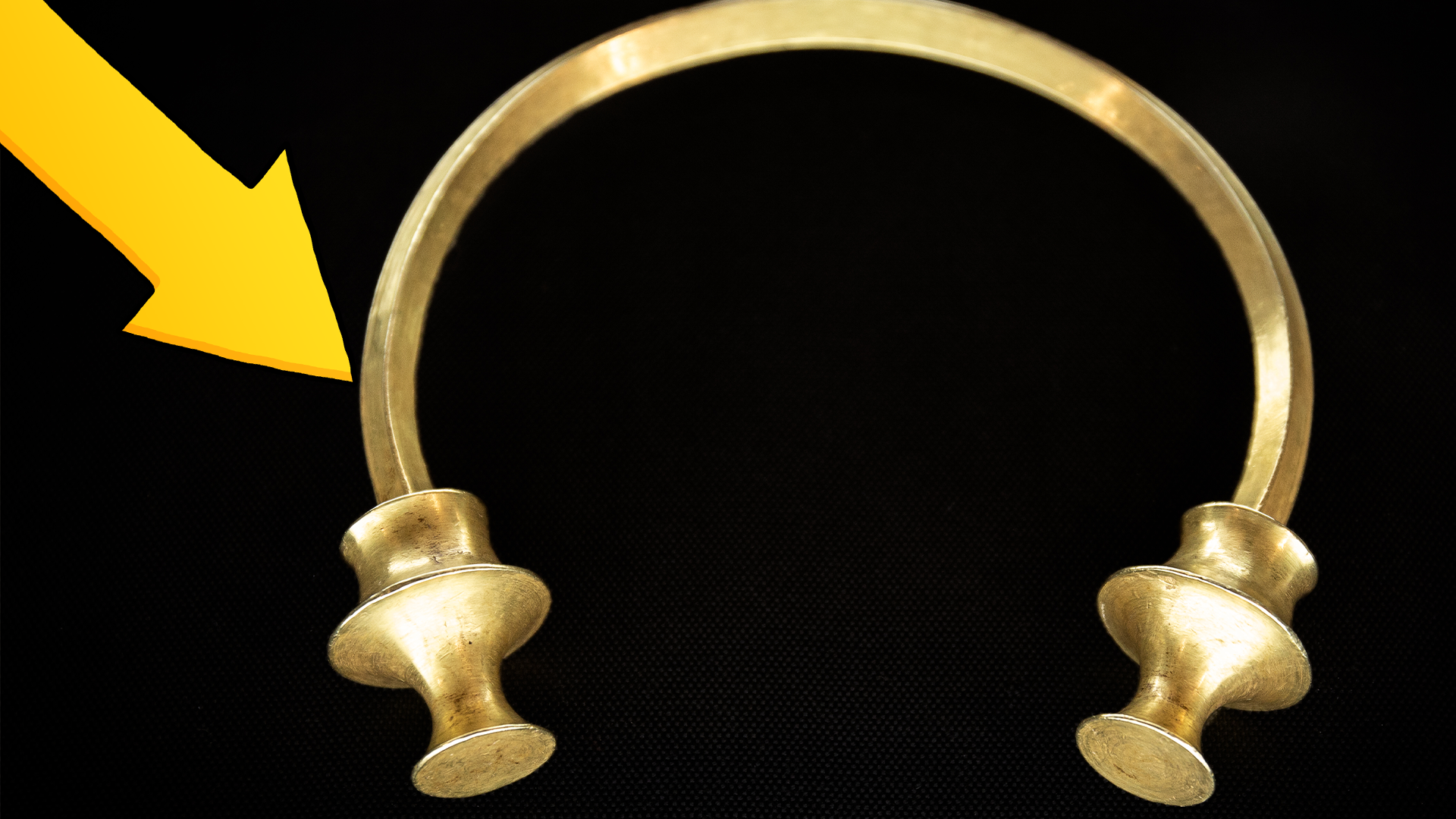
Freya loved jewellery, and in particular she loved one necklace more than the rest...a necklace named Brisingamen. It was said to be a torc, which is sort of like a metal collar. This necklace is very important, and features in several stories, including one where Loki tries to steal it. She was also said to be the source of amber and gold - they were meant to be her tears, falling from the heavens.
6. A Day of the Week is Named After Freya

We get several or our days of the week from Norse deities, including Wednesday (Woden/Odin's day) Thursday (Thor's day) and Friday (Freya or Frigg's day) Some people think Friday might actually be named after Odin's wife Frigg, whilst others think she and Freya are the same person.
7. Several Plants Are Named After Her Too
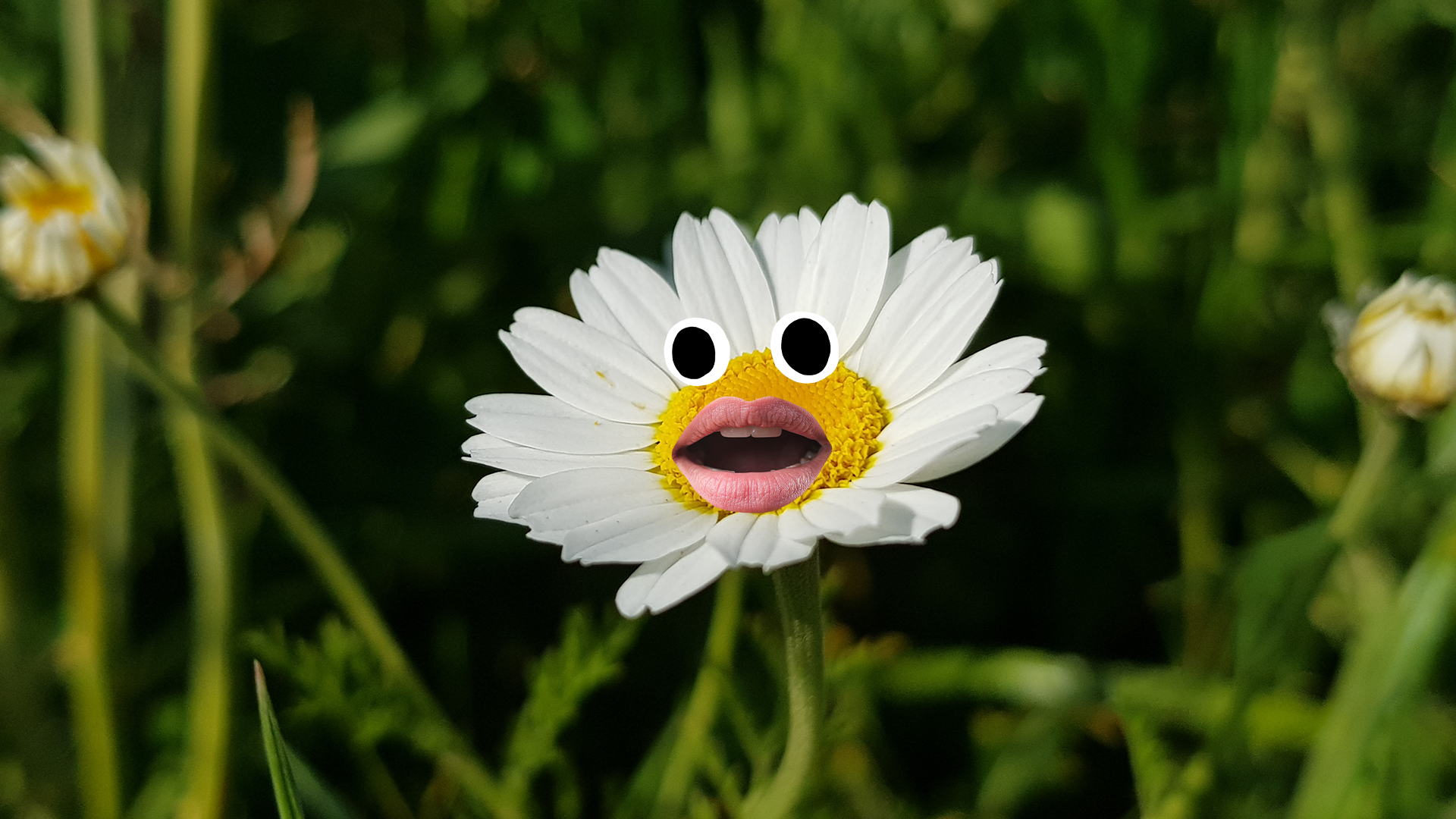
As well as still being a very popular girls name in Scandinavia, Freya has also leant her name to several other things, including several plants (Probably in connection to her role as a fertility goddess, and her meadow kingdom).
8. She Appears in Several Viking Myths
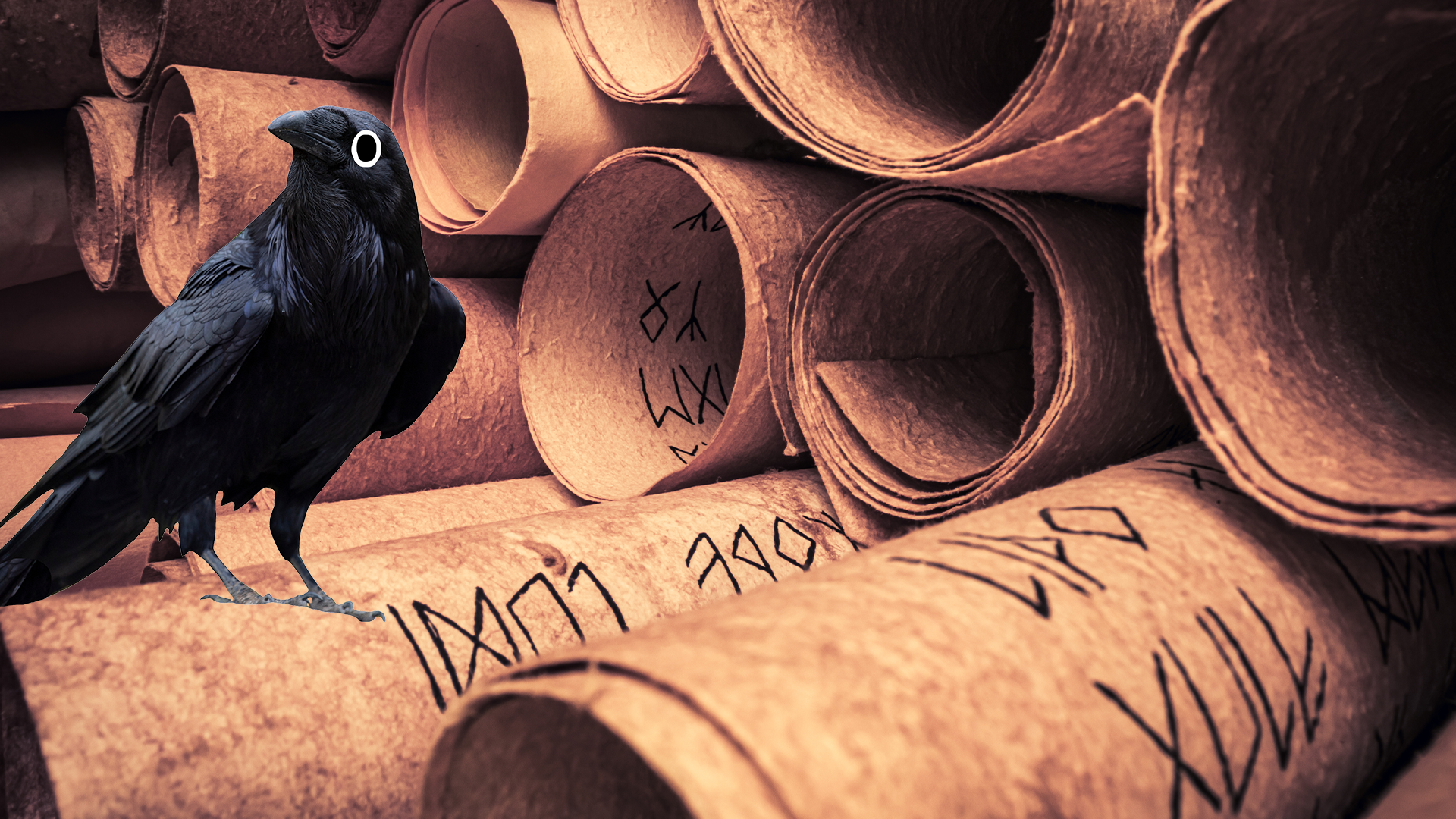
Freya is a key player in several of the big Norse myths. These include a foray into the world of the goblins, and a trick marriage (which involved dressing Thor as Freya). Freya was known as a gentle, kind goddess who used her wisdom and beauty to get want she wanted. She did have a darker side though, as well as collecting souls from the battle field. She was once so enraged that the halls of the gods shook with her anger.
9. She Likes Cats
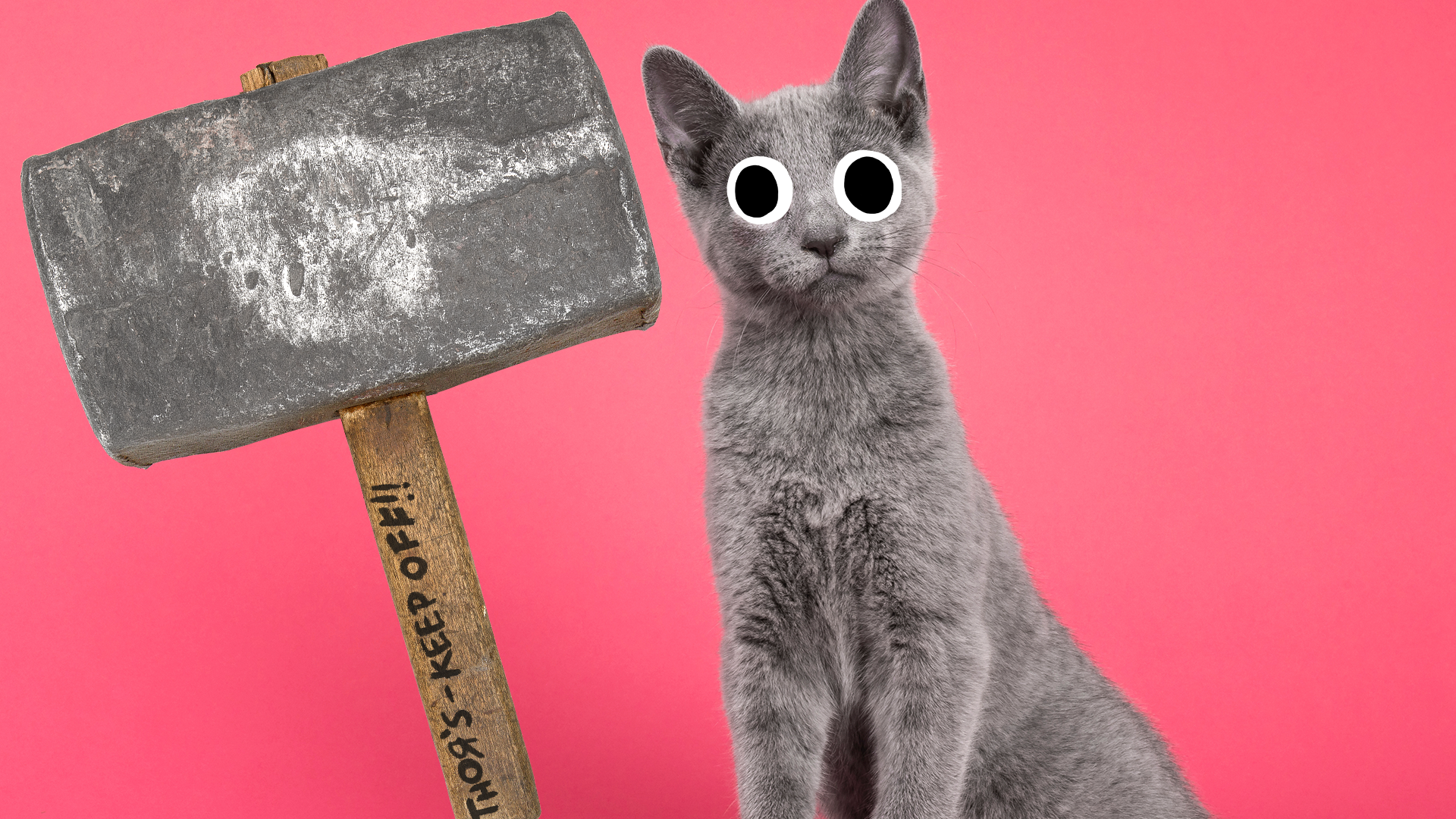
Freya was often seen in the company of her two cats, Bygul and Trjegul (though those may not have been their original names). They weren't just her pets - they also pulled her carriage, so they must have been pretty strong cats! They were gifted to Freya by Thor, and were said to be a blue-ish-grey colour. Cats have been associated with fertility and feminity for many years, and the ancient Egyptians also worshipped them as gods, so its not wonder they are associated with Freya.
10. Freya Has Two Daughters
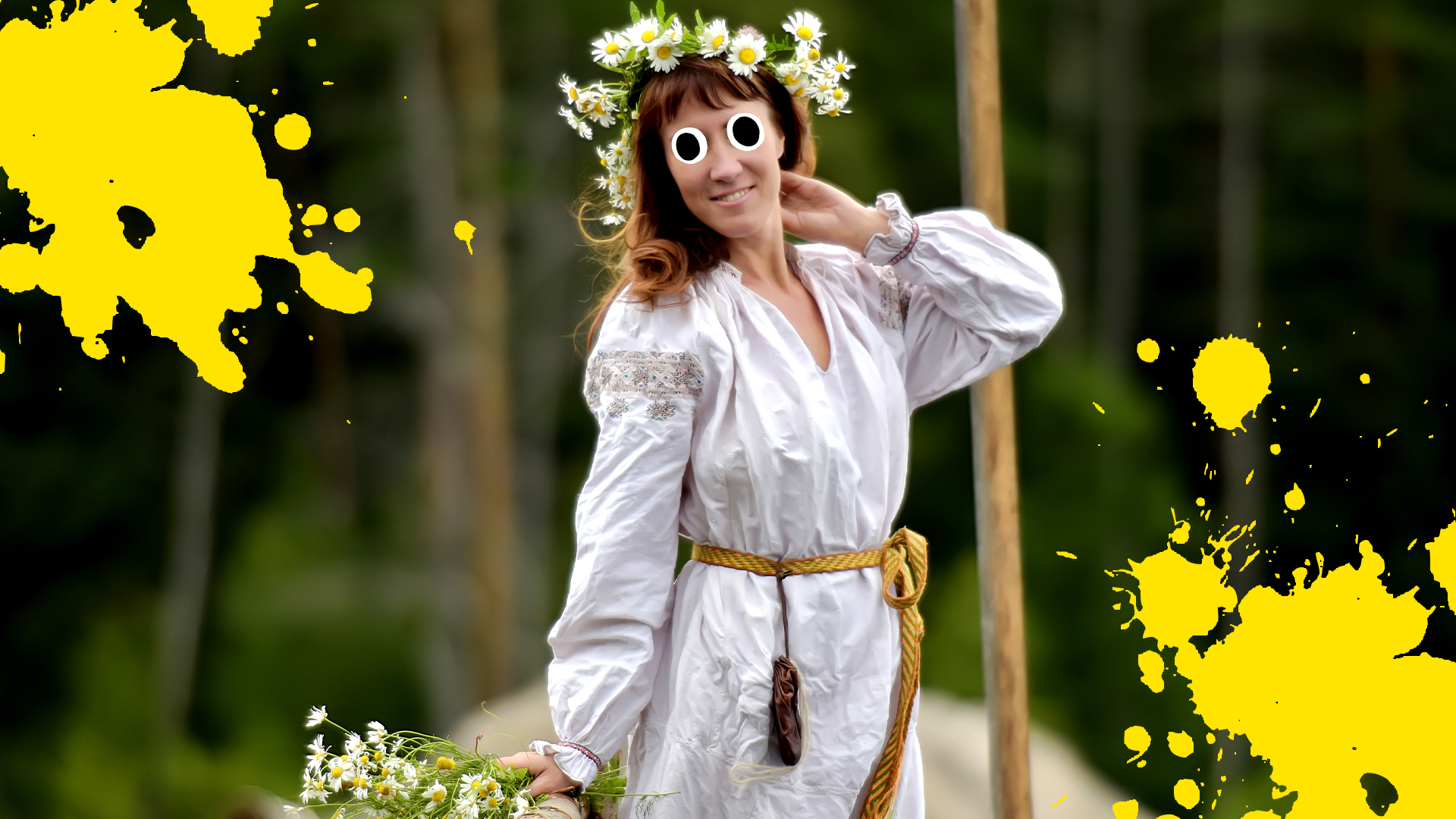
Not much is said about Freya's husband, Odr, who doesn't appear much in the myths, except to vanish and cause Freya heartbreak. However, he does give her two daughters, Hnoss and Gersemi. Hnoss's name means 'treasure' and she was apparently very beautiful. Gersemi is said to be her twin sister, although in some myths they appear to be the same person. This seems to happen a lot in Norse myths!
11. Her Brother is the God Freyr
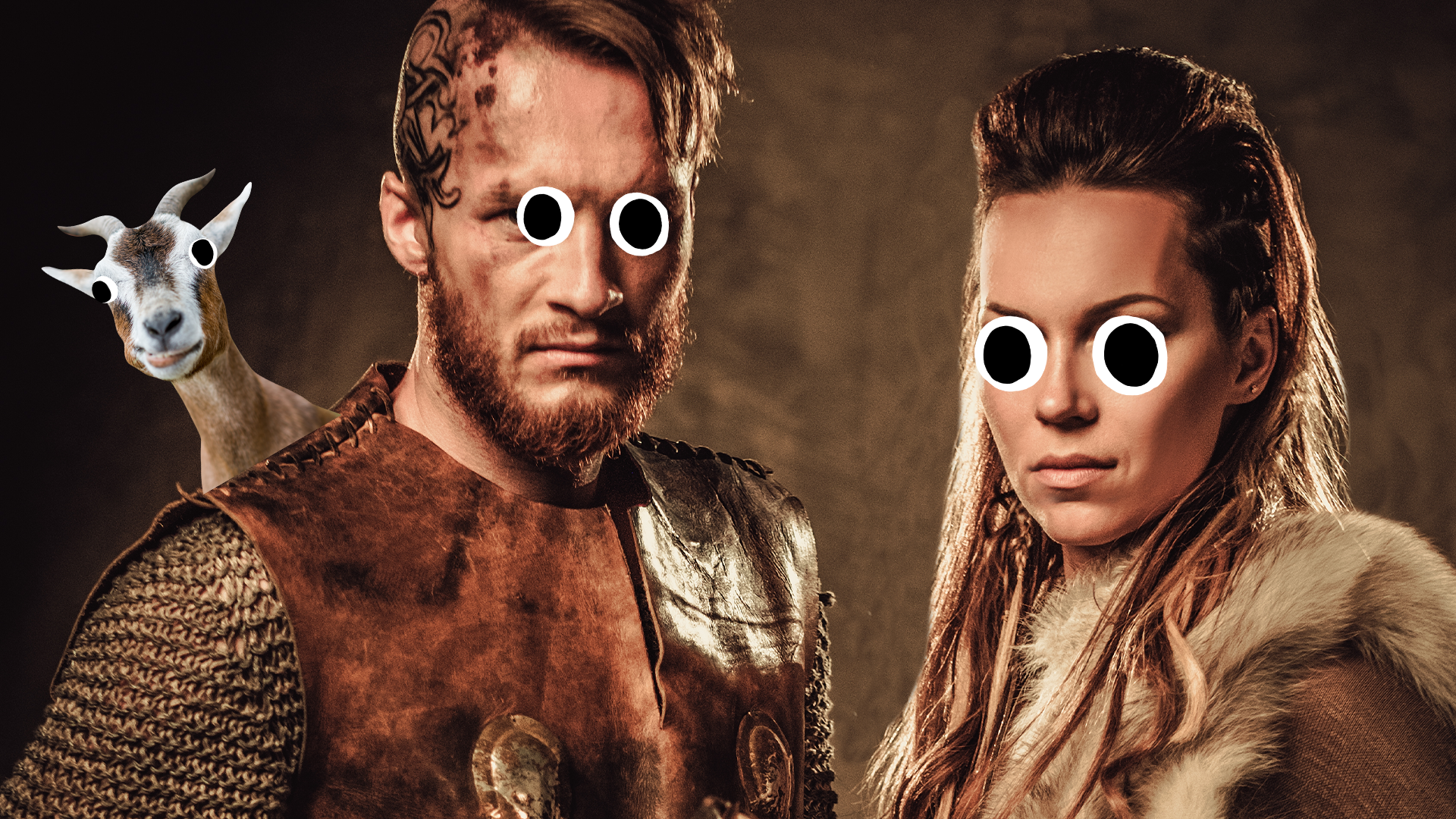
Freya is also a twin. Her brother is Freyr, and like his sister he is the god of wisdom, fertility and love. His name means 'lord' (so together they are 'Lord' and 'Lady') and he was associated with horses, although like his sister, he also has a pet boar (More on that later).
12. She is Sometimes Confused With Frigg
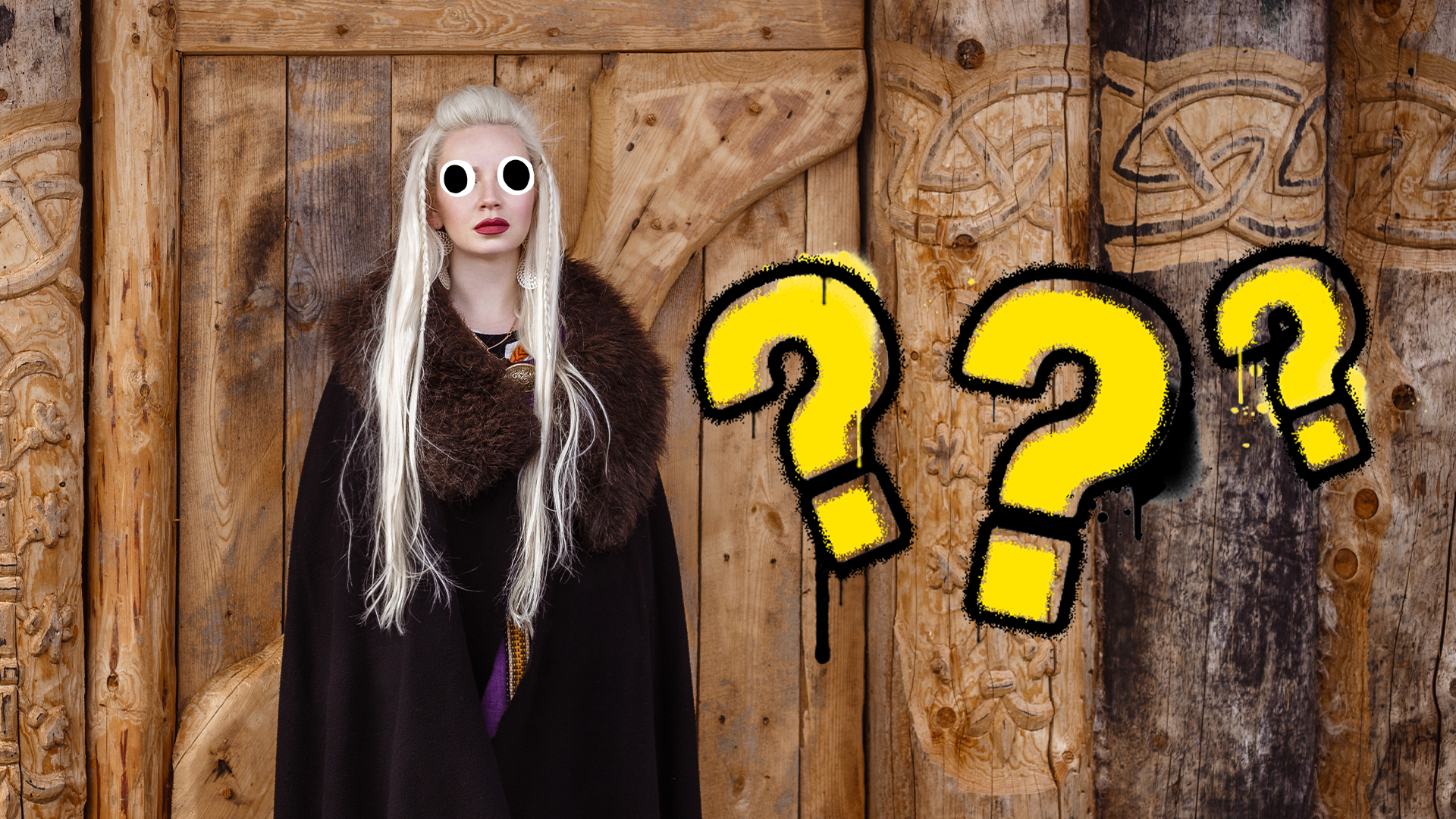
Freya is one of the few big female gods in Norse mythology, and can often get confused with Odin's wife, Frigg. Frigg was the goddess of motherhood and some people think that she and Freya may even be the same goddess, or at least inspired by an earlier goddess. Their Roman and Greek counterparts might be goddesses like Venus, Aphrodite, Minerva, Juno and Hera.
13. Freya Has a Pet Boar
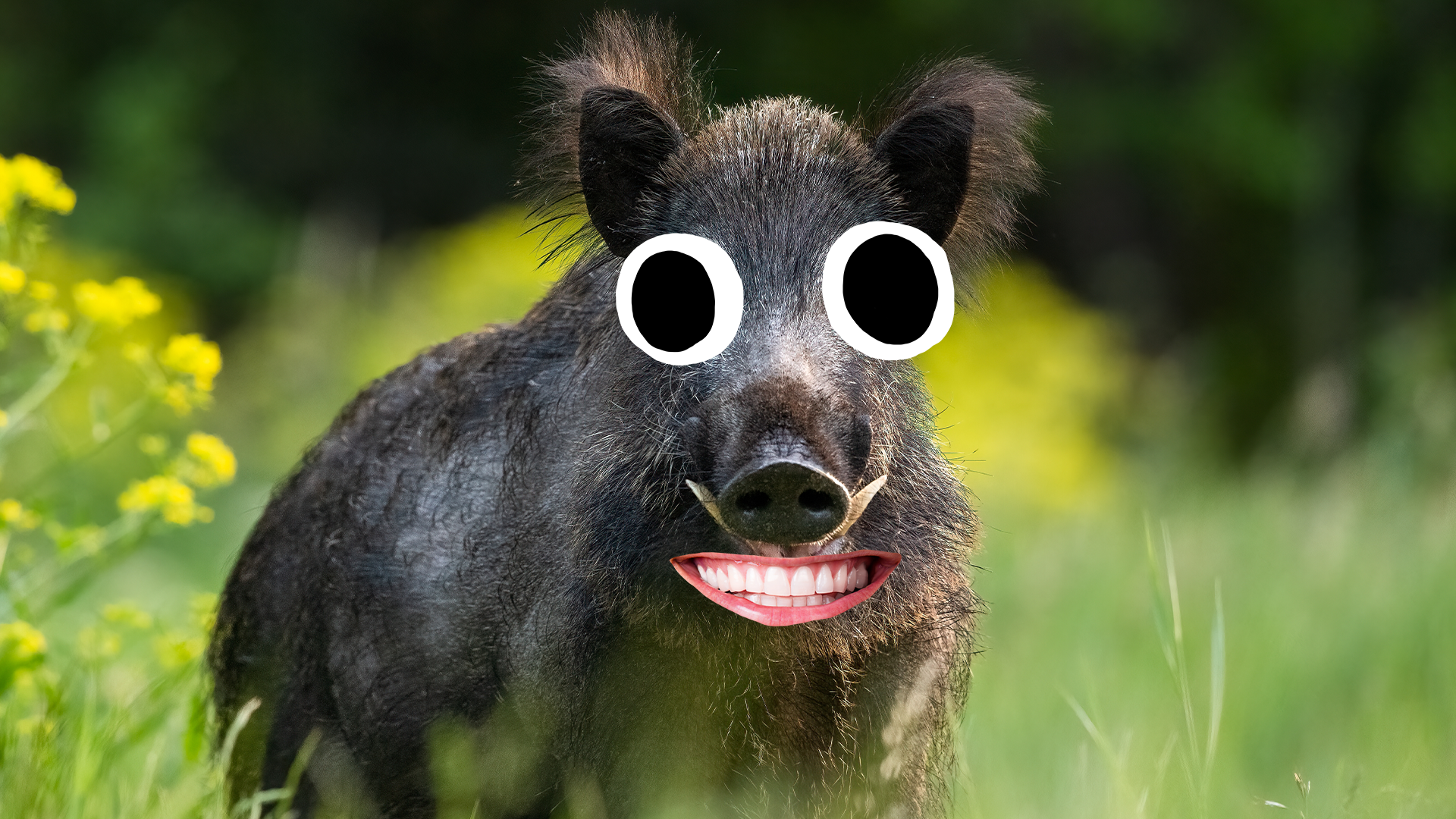
How cool is that?! Yes, as well as her cats, Freya had a pet boar called Hildisvíni, which she sometimes rides into battle (he is also known as the 'battle-swine'). Hildisvíni comes in useful on other occasions too - she once disguised a human, Óttar, as her boar. In Norse mythology, the boar, like Freya and her brother, symbolised fertility, honour, rebirth and the earth.
14. She Has Magical Powers
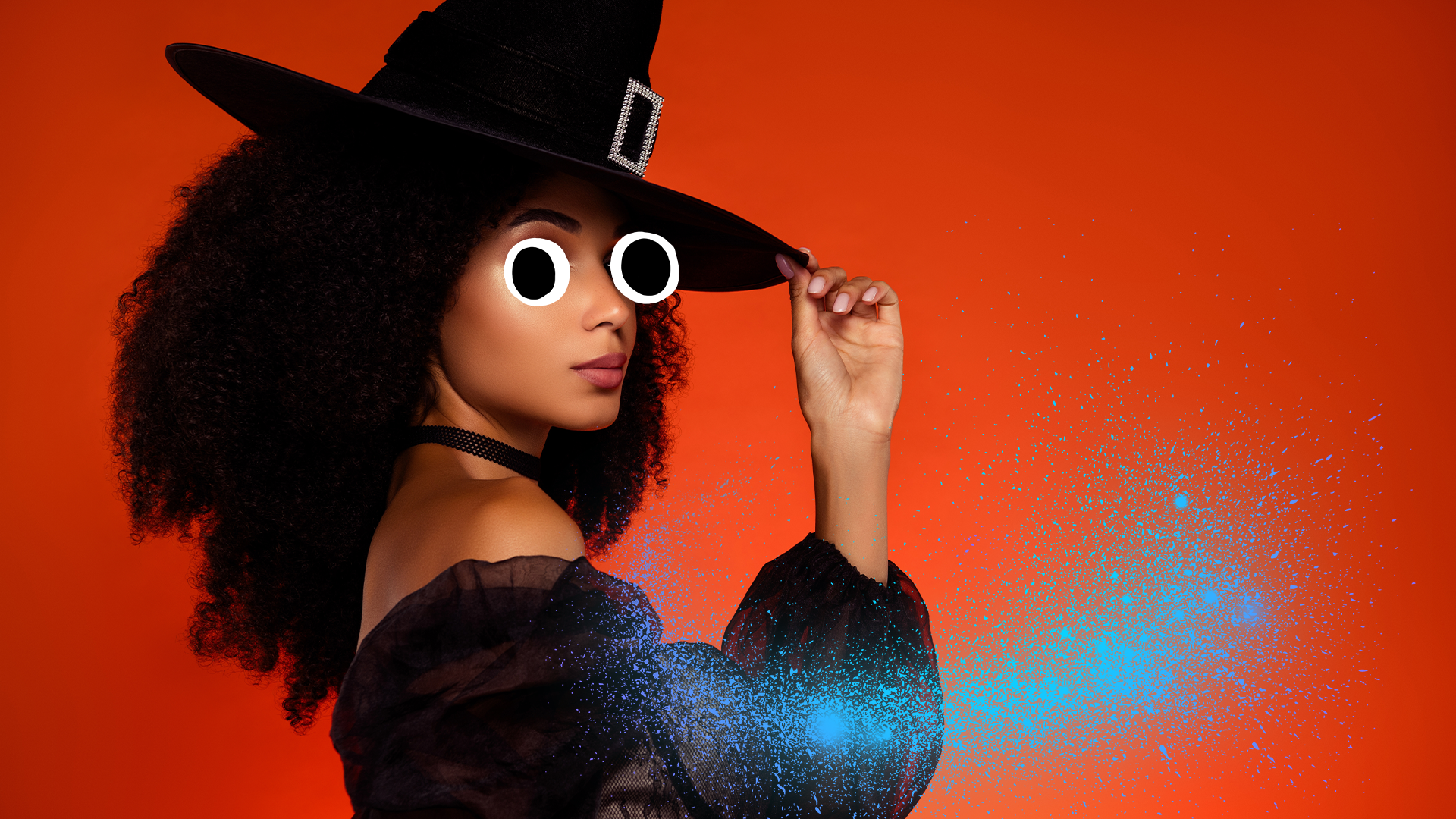
Freya was what was known as a völva - she could see into, and sometimes even control, the future. This practise was known as seidr. As well as her magical animals and necklace, she also had a cloak made of feathers which would give the gift to flight to anyone who wore it.





